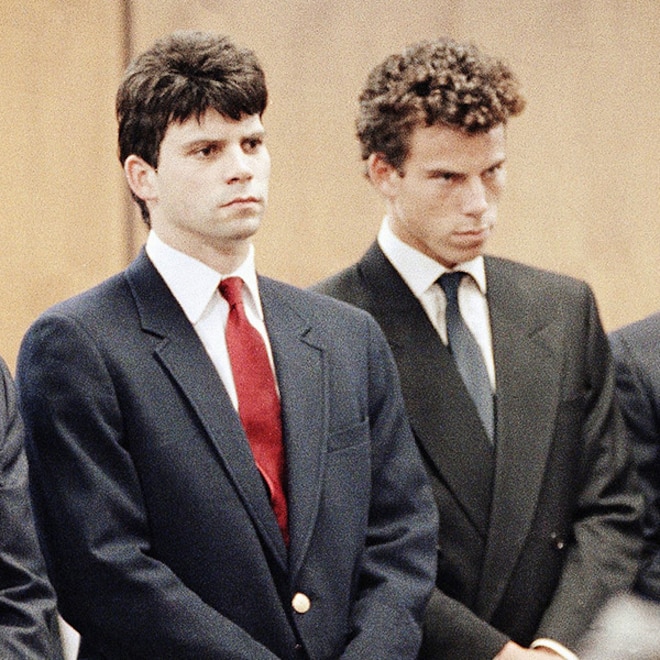Erik and Lyle Menendez gained notoriety for the brutal murder of their parents, Jose and Kitty Menendez, on the night of August 20, 1989. However, the true mystery surrounding the brothers lies in the motivation behind the killings rather than the act itself. The Menendez brothers have captured the public’s attention for decades, with many trying to understand what could drive two seemingly privileged young men to commit such a heinous crime against their own parents.
One of the key factors that sparked curiosity in the Menendez case was the public image of the brothers as wealthy, privileged individuals who had everything they could want. Their upbringing in a lavish Beverly Hills mansion, attended by private schools and indulged with expensive gifts, seemed to contradict the idea of children who would resort to murder. This stark contrast between their outward appearance of success and the brutal violence of their actions added to the intrigue surrounding the case.
As details of the Menendez family dynamics emerged during the investigation and subsequent trials, a darker and more complex picture began to emerge. Reports of physical and emotional abuse at the hands of their father, Jose Menendez, painted a troubling portrait of a family that was far from perfect. The brothers claimed that years of abuse and manipulation led them to fear for their lives and ultimately drove them to commit patricide in a desperate bid for freedom from their father’s tyranny.
The Menendez brothers’ defense strategy during their trials focused heavily on presenting their father, Jose Menendez, as a tyrannical figure who terrorized their family with his violent outbursts and controlling behavior. Their defense attorneys argued that the murders were committed in a state of fear and desperation, as the brothers believed their lives were in imminent danger. This portrayal of the brothers as victims of abuse at the hands of their parents garnered sympathy from some members of the public, who began to question the extent of the abuse the brothers had suffered.
Despite the defense’s efforts to paint the brothers as victims, the prosecution painted a different picture of Erik and Lyle Menendez as cold-blooded killers who acted out of greed and a desire to inherit their parents’ wealth. The prosecution argued that the elaborate cover-up staged by the brothers, combined with their extravagant spending sprees following the murders, pointed to a premeditated plan to murder their parents for financial gain. This narrative of greed and entitlement clashed with the defense’s portrayal of the brothers as victims, leaving the jury to decide which version of events was more convincing.
The Menendez brothers’ trials ultimately captivated the public and sparked a widespread debate about the nature of abuse and its impact on a person’s psyche. The case raised questions about the limits of self-defense and the complex interplay between privilege, mental health, and violence. Decades later, the story of Erik and Lyle Menendez continues to fascinate and haunt those who seek to understand the motivations behind their unthinkable actions on that fateful night in August 1989.












